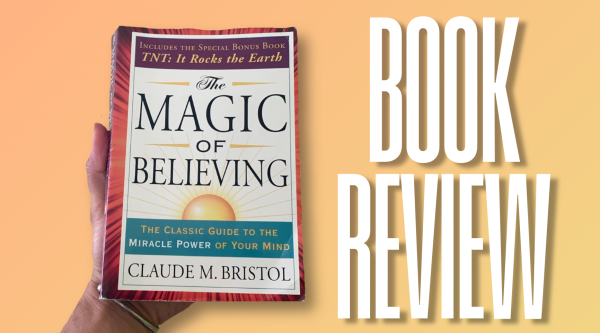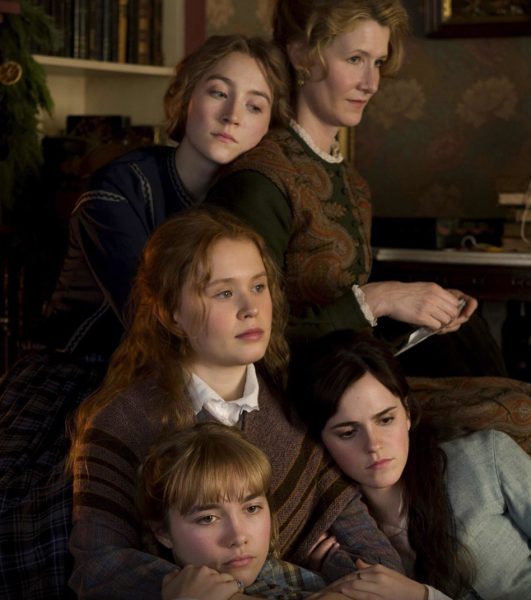“All Rhodes Lead Here” Explores the Importance of Roots
“People cried over endings, but sometimes you had to cry over new beginnings. I wouldn’t forget what I’d left. But I was going to be excited — at least as much as I could be — about this start and however it would end.”
For Aurora De La Torre, her voice would be found in her songs — measly words written on a page in her songbook, itching to be played against a strumming melody. Aurora’s songs were how she communicated with the world, how she processed how its kindness and cruelty affected her in ways that spoken words could never properly explain. It was how she grieved the loss of her mother, the divorce that she never saw coming.
Over the years, many have exploited that voice, making it so that the words that previously came so naturally to Aurora eventually began to trickle in slowly.
Until they stopped altogether.
Deciding she needed a change of pace and scenery, Aurora packed her bags and took a chance, renting a garage apartment in the only place she had called home so long ago: Pagosa, Colorado.
Little does Aurora know that the landlord of said garage apartment had no idea she was renting his property — those missing details were filled in by the landlord’s sheepish son who wanted some extra cash without his dad knowing. Even so, Aurora was determined to stay. She proudly brought with her more than a million bags and a megawatt smile.
It was a shame that Tobias Rhodes was not impressed. Yet.
The greatest point I can start with about this book is its setting and how perfectly it made each scene and character interaction that much better. Set against a backdrop of Colorado mountain trails and camping and hiking, closing this book made me want to put on my hiking boots and chill with mother nature for hours on end.
Not only was the setting nicely described, but it felt comfortable, like it was purposeful for the heavier topics that “All Rhodes Lead Here” ultimately dealt with.
There was a lot that was not immediately noticeable about what Aurora was dealing with when she arrived in Pagosa. Aside from hints of previous trauma, Aurora presented a front filled with sunshine smiles and hilarious jokes that made even the surliest crack up with her. This is a girl that screamed when she found out that bats like her bedroom, who absolutely lost it when she thought she might have damaged the wings of a bird large enough to eat her whole.
However, even though her past remained mysterious for much of the book, I didn’t find myself growing irritated at how the pacing of the book remained slow and steady. It was a purposeful and brilliant choice. Zapata structured her novel to be more about the journey than the destination.
I loved hearing about Aurora’s retrospective inner monologue and the thoughts that randomly popped into her head. Being shown rather than told how Aurora’s change of scenery helped her grieve the life she had was the most rewarding part of this book. She’s an optimist, constantly looking for ways to make other people smile, how to make herself smile.
“All Rhodes Lead Here” is marketed as a romance, but honestly, that might be the least important part of everything that happens to Aurora. I argue that the friendship that slowly develops between Aurora and Rhodes is even more beautiful and visibly important to how Aurora finally started to realize that it was okay to put down roots — to stay in one place for more than mere fleeting moments.
“Life didn’t have to be perfect for you to be happy,” Aurora narrates for us, “Because what was perfect really, anyway?”













































































































































































































